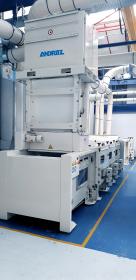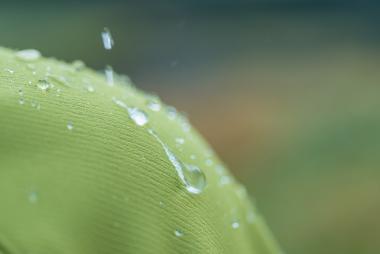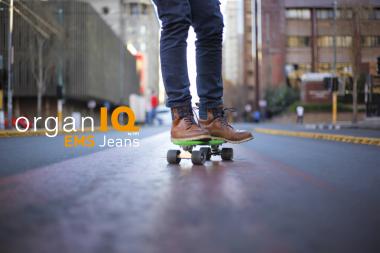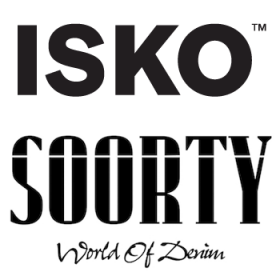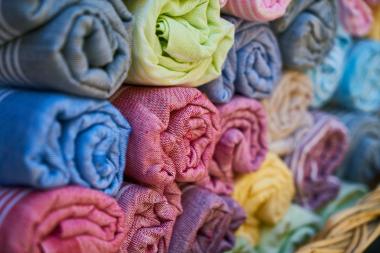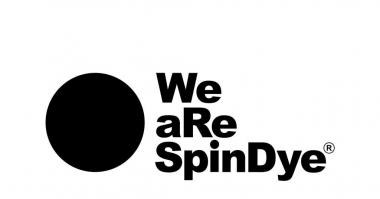ANDRITZ to supply textile recycling line to Renaissance Textile (F)
International technology Group ANDRITZ has received an order from Renaissance Textile to deliver a recycling line for their first recycling platform, located in Laval, France. Start-up of the recycling line from ANDRITZ Laroche is scheduled for the end of Q2 2022.
First of all, postconsumer waste fibers will be opened, then mixed with virgin fibers and spun once again in order to ultimately produce new textiles. The specific design of this line is the outcome of close collaboration between experts from ANDRITZ Laroche and the customer, with customized trials being conducted at the ANDRITZ technical center in Cours, France.
Renaissance Textile’s target is to become the first French recycling platform dedicated to end-of-life
textiles, and the company will soon open the new 12,000 sqm plant.
Andritz AG


